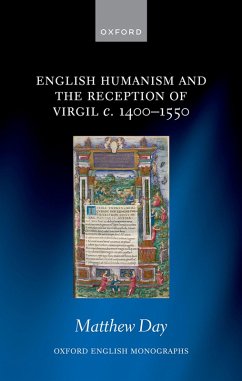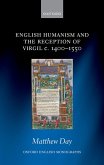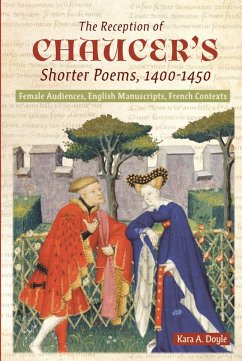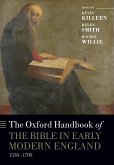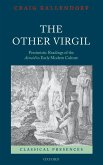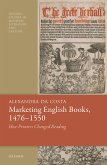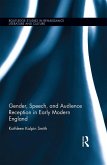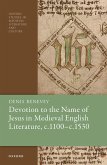English Humanism and the Reception of Virgil c. 1400-1550 reassesses how the spread of Renaissance humanism in England impacted the reception of Virgil. It begins with the first signs of humanist influence in the fifteenth century, and ends at the height of the English Renaissance during the mid-Tudor period. This period witnessed the first extant English translations of Virgil's Aeneid, by William Caxton (1490), Gavin Douglas (1513), and the Earl of Surrey (c. 1543). It also marked the first printings of Virgil's works in England by Richard Pynson (c. 1515) and Wynkyn de Worde (1510s-1520s). Through a fine-grained analysis of surviving manuscripts and early printed editions, Matthew Day questions how and to what extent Renaissance humanism impacted readers' and translators' approaches to Virgil. Building on current scholarship in the fields of book history, classical reception, and translation studies, it draws attention to substantial continuities between the medieval and humanist reception of Virgil's works. Humanist study of Virgil, and indeed of classical poetry more generally, continued to draw many of its aims, methods, and conventions from well-established medieval traditions of learning. In emphasizing the very gradual pace of humanist development and the continuous influence of medieval scholarship, the book comes to a more qualified view of how humanism did and (just as importantly) did not affect Virgilian reading and translation. While recognizing humanist innovations and discoveries, it gives due attention to the understudied, yet far more numerous examples of consistency and traditionalism.
Dieser Download kann aus rechtlichen Gründen nur mit Rechnungsadresse in A, B, BG, CY, CZ, D, DK, EW, E, FIN, F, GR, HR, H, IRL, I, LT, L, LR, M, NL, PL, P, R, S, SLO, SK ausgeliefert werden.

